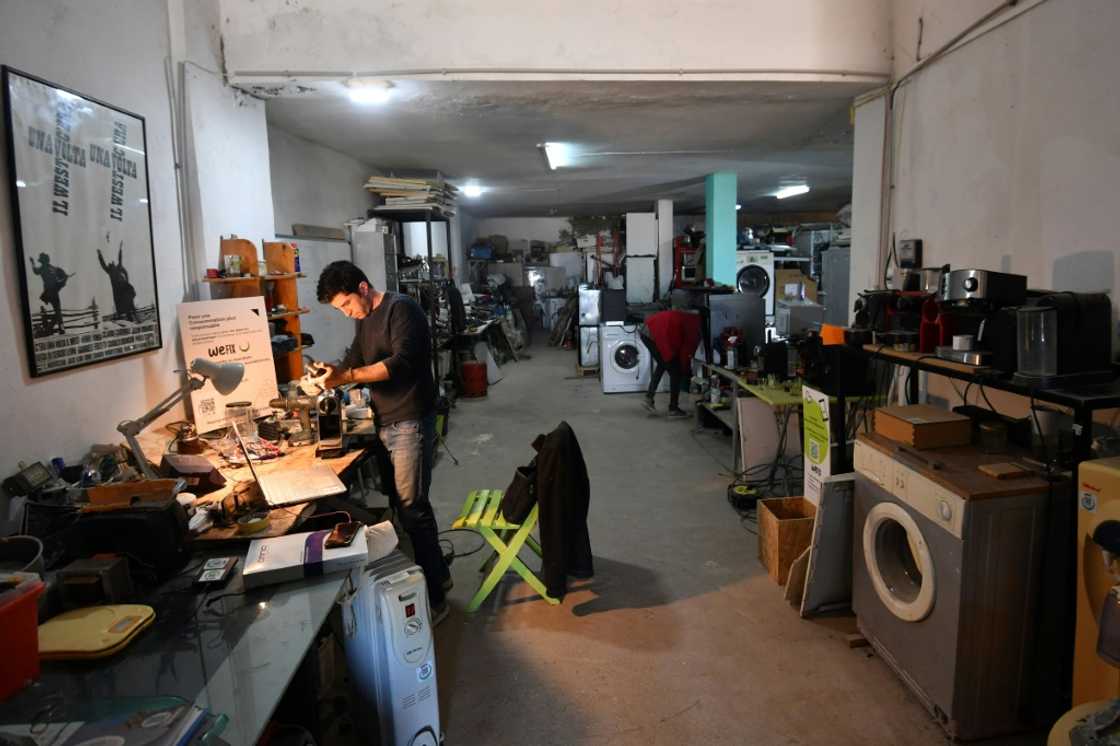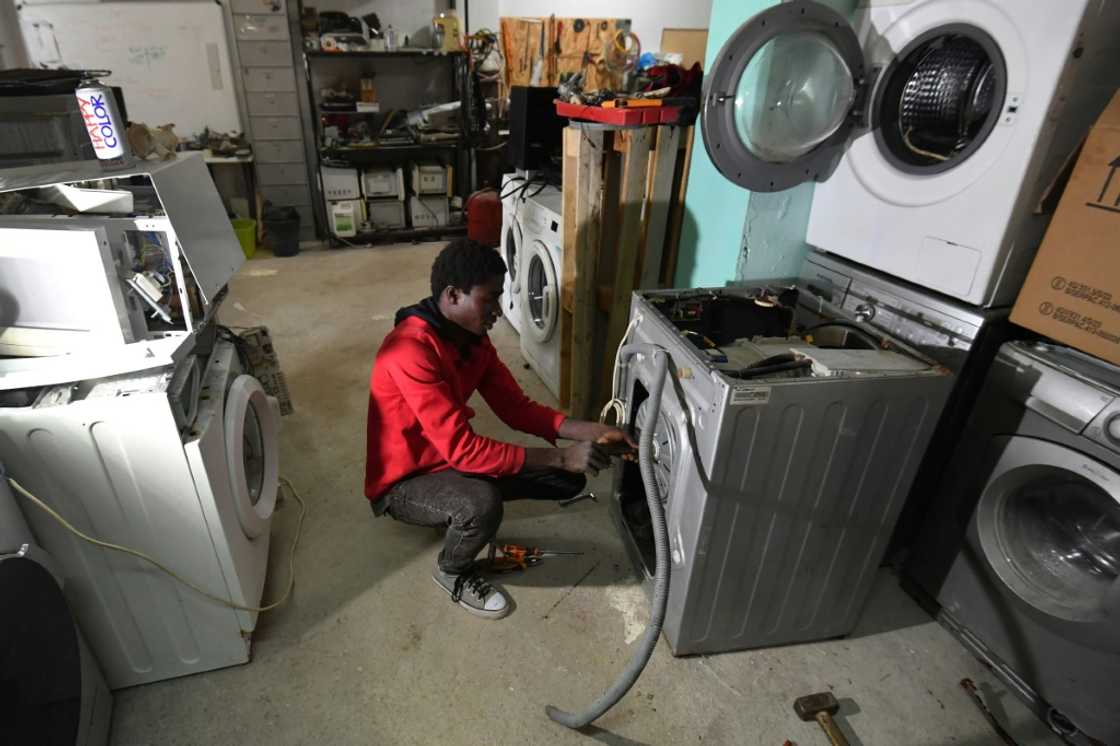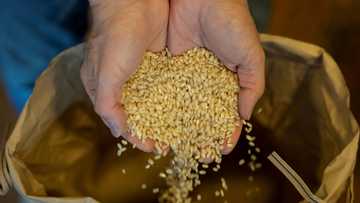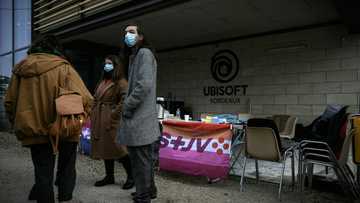Tunisian startup takes on e-waste challenge

Source: AFP
Engineer turned social entrepreneur Sabri Cheriha hunches over a washing machine at a small depot in a suburb of Tunisia's capital, the unassuming home of a startup he launched to tackle the country's mounting electronic waste problem.
Cheriha said there were currently about eight million household appliances and nine million cellphones in use across Tunisia, but once these devices break down or are replaced, "there's no service to properly dispose of them".
WeFix, the startup that won him a second-place regional social entrepreneur award last year, stands out by offering an "all-in-one service", providing
collection, repairs and recycling to reduce e-waste.
The aim is to have "an environmental and social impact, but also an economic gain", Cheriha said, adding that refurbished products can be up to 60 percent cheaper in a country where the average monthly salary is around 1,000 dinars ($310).
The startup "avoided" 20 tonnes of waste in 2023 and 80 tonnes last year, according to its founder, who anticipates handling another 120 tonnes this year.
"When we talk about 'avoided waste', we're also considering the resources needed to manufacture a single washing machine -- 50 or 60 kilos of finished product require over a tonne of raw materials," he explained.
"So our environmental impact is twofold."
While Tunisia has vowed to tackle waste in general, e-waste presents a particular challenge, and there is a lack of institutional avenues for dealing with it.
Tunisia produces an estimated 140,000 tonnes of e-waste per year, said Walid Merdassi, a waste management expert.
The majority of that -- an estimated 80,000 tonnes per year -- is generated by households, which have no official recycling system to turn to, he added.
Merdassi said the government should require manufacturers and retailers to take back used machines, and encourage the 13 local companies specialised in recycling to extract and export valuable raw materials like gold, copper and platinum from the devices they process.

Source: AFP
In the meantime, WeFix is making strides at its own pace, reducing Tunisian e-waste by promoting the sale of refurbished appliances instead of buying new, Cheriha said.
Cheriha eventually hopes to expand WeFix to Morocco, despite the challenges of scaling up nationally, he said.
"Finding skilled workers in the electronics sector is becoming increasingly difficult", as many emigrate to Europe where demand for refurbished appliances is high, he said.
PAY ATTENTION: Сheck out news that is picked exactly for YOU ➡️ find the “Recommended for you” block on the home page and enjoy!
Source: AFP




